Avamere at Chestnut Lane Photo Gallery
When you’re here, you’re family
Serving the Deaf and DeafBlind communities in Gresham, Oregon is what you’ll find at Avamere at Chestnut Lane. We’ve been serving this community since 2003 and we’re the first of its kind to open on the west coast. Our location features 70 rooms and offers assisted living. Amenities include 24-hour staff, arts and crafts sessions, gardening, and an extensive activities calendar.
Avamere at Chestnut Lane is proud to be named one of Oregon’s most admired companies by the Portland Business Journal as we continually strive to enhance the life of every person we serve. Take a look and discover what makes Avamere at Chestnut Lane a special place.


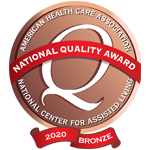
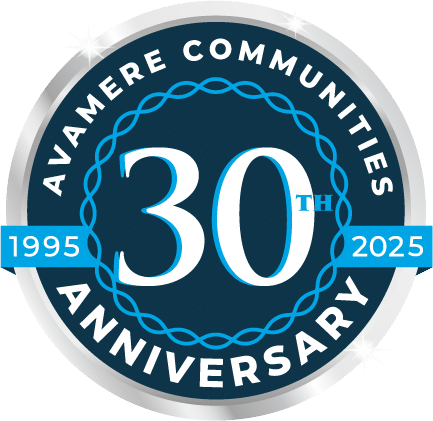


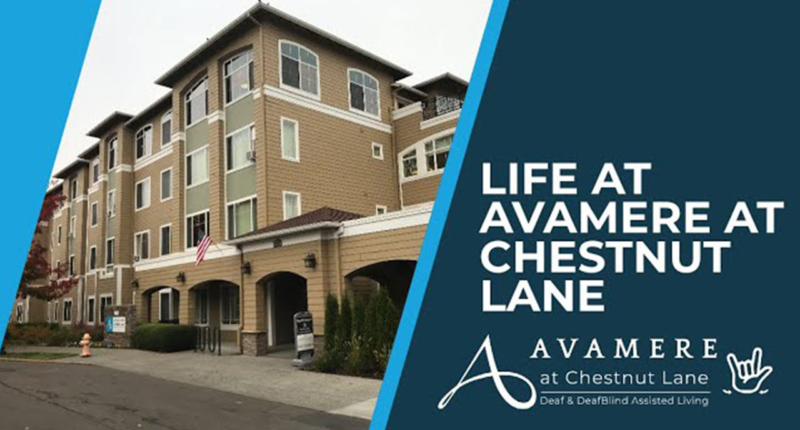






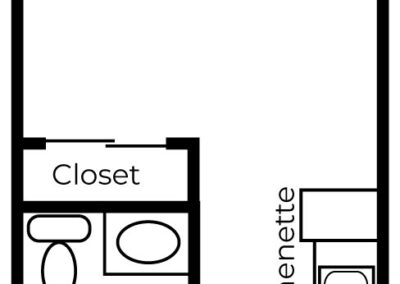
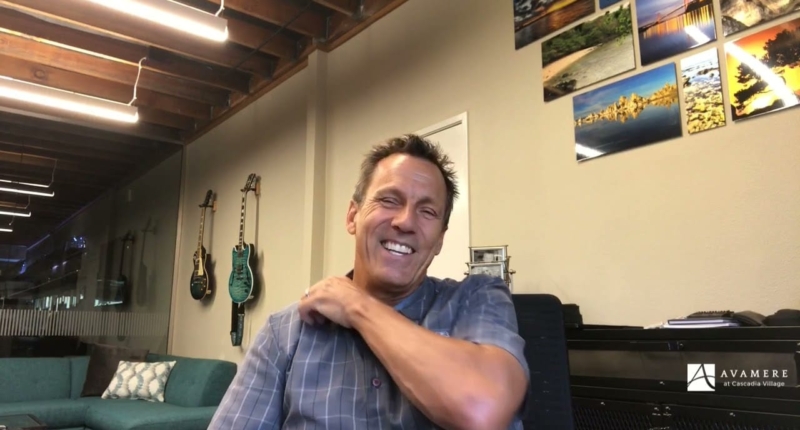

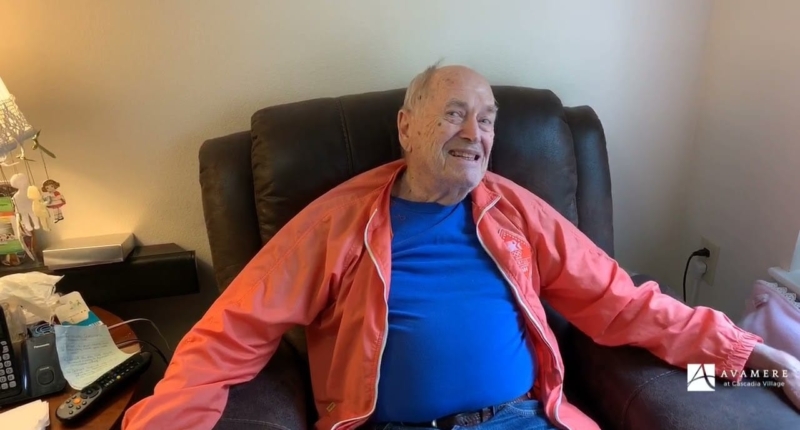

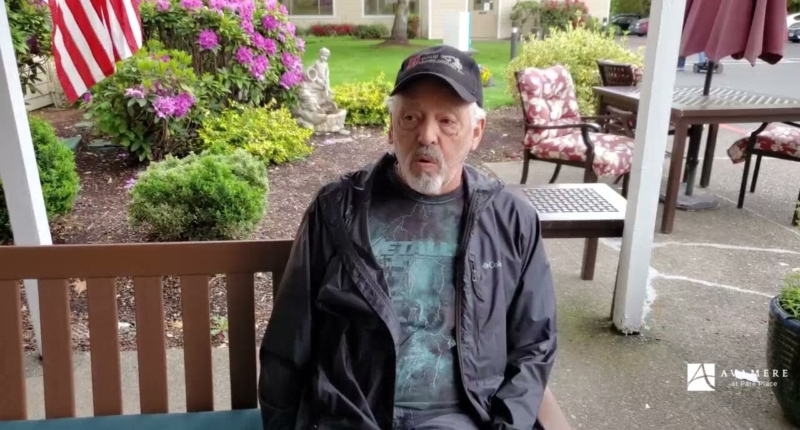

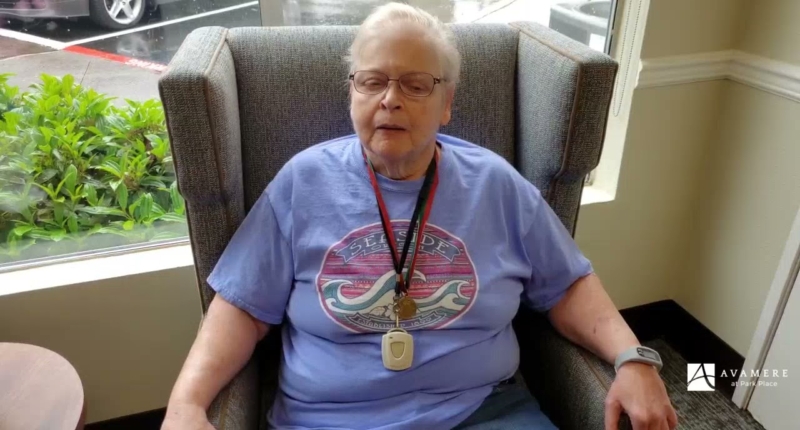



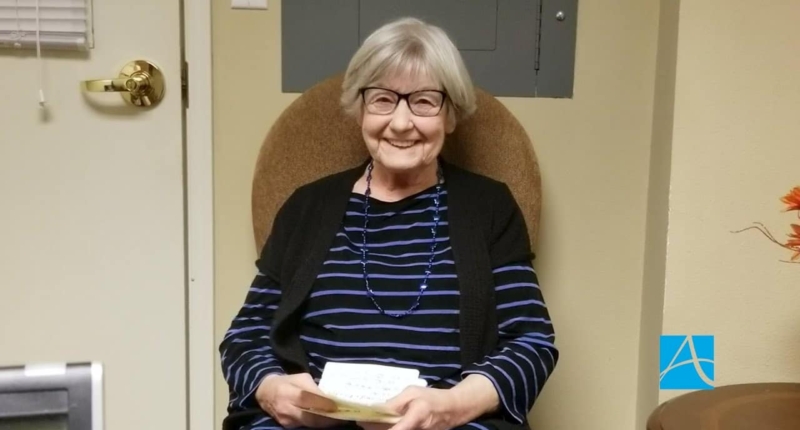

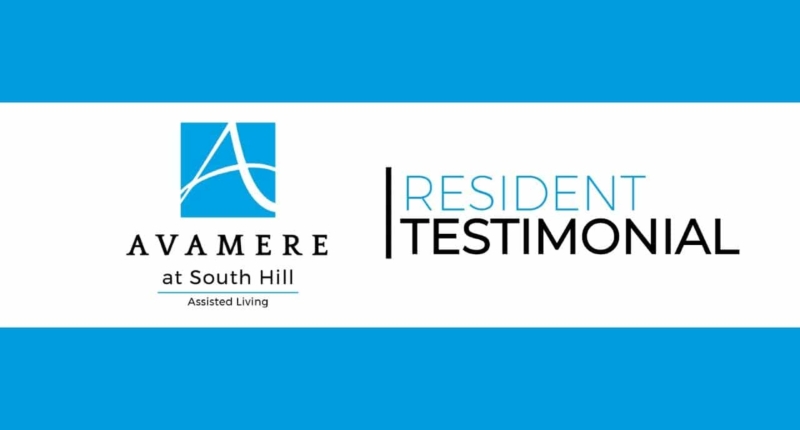

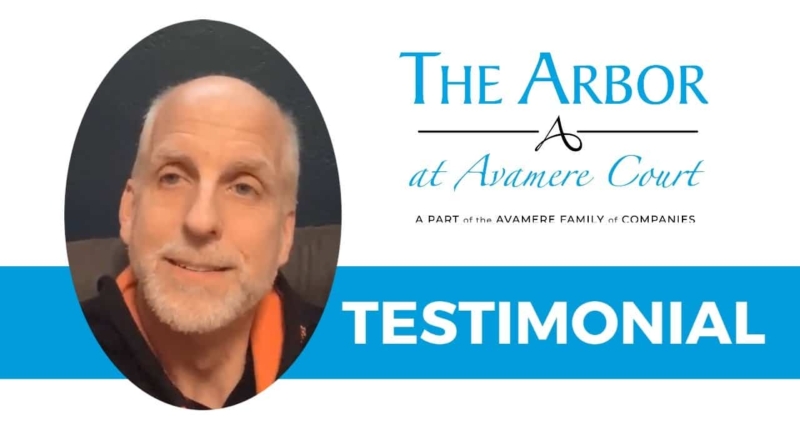

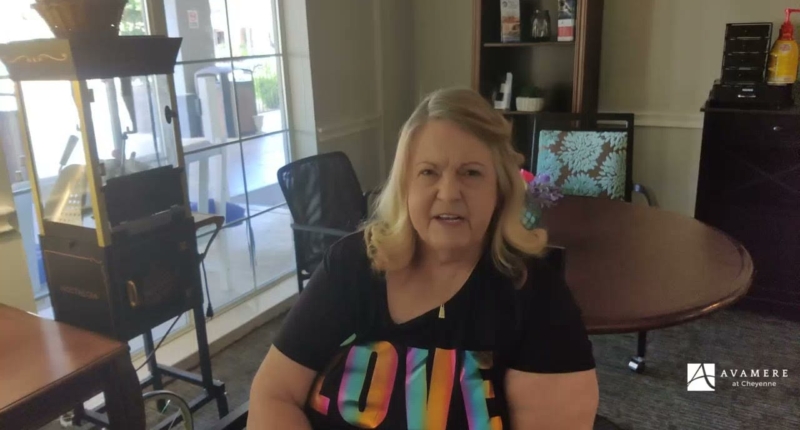

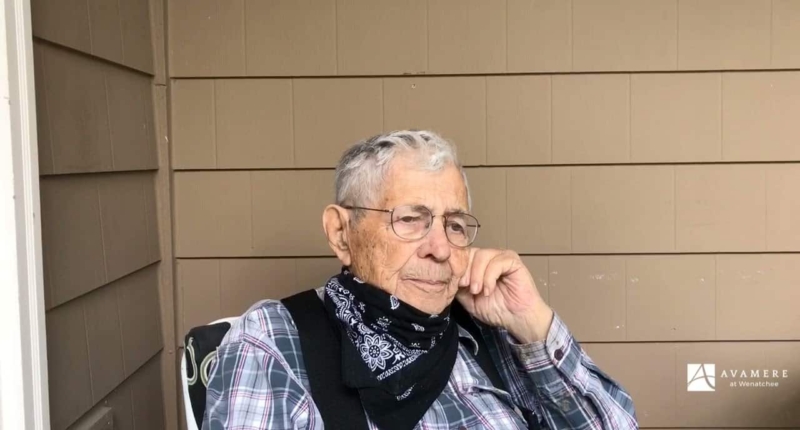

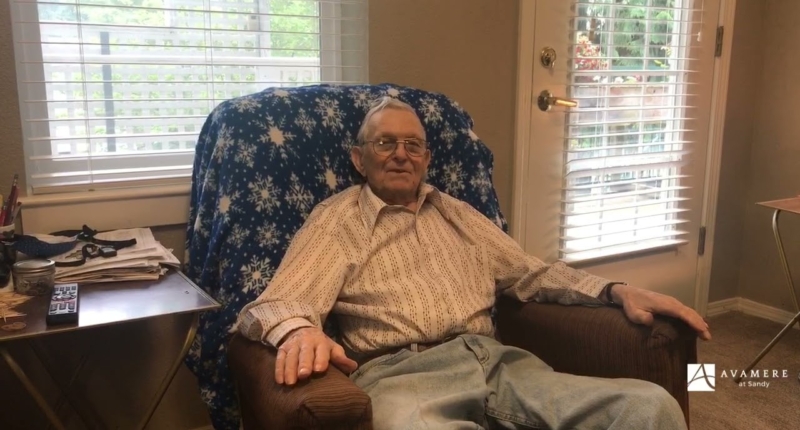

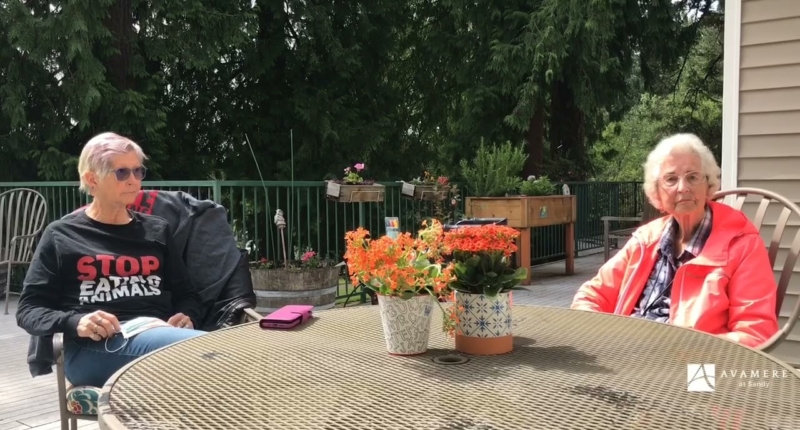

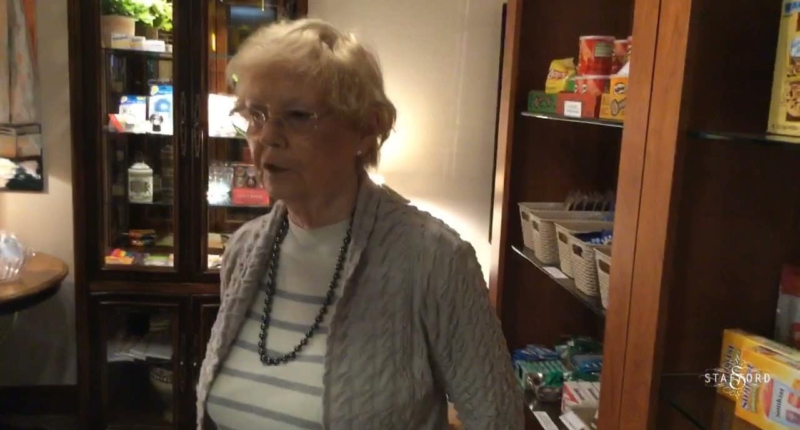

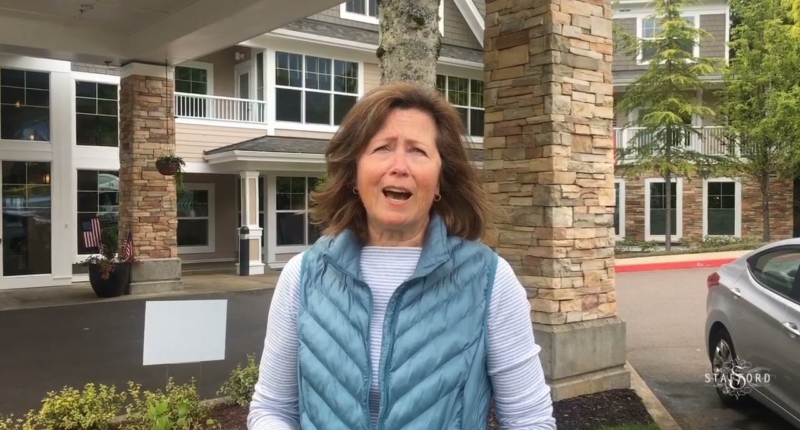



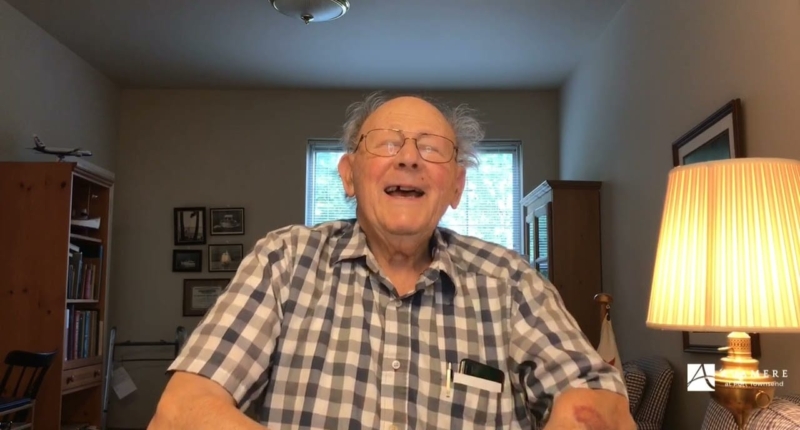


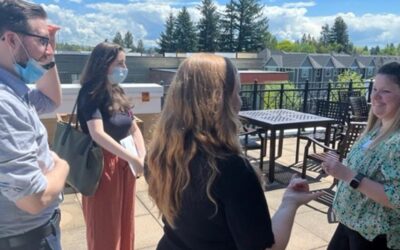
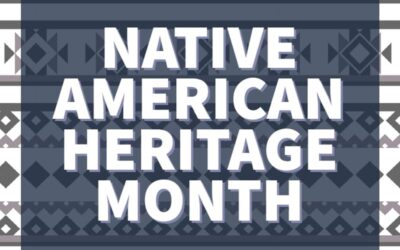
Your monthly Scoop is here! Get moving and downsizing resources, see recent awards, and discover the latest fun happening in our senior living communities.
The Scoop is produced by Areté Living management and development.
www.areteliving.com/post/senior-living-scoop-january-2026 ... See MoreSee Less
0 CommentsComment on Facebook
Happy new year! ⭐ Thank you to all our residents for choosing our senior living community to call home, and to our wonderful team members who keep life so vibrant and active here. We're excited for a wonderful 2026! ... See MoreSee Less
0 CommentsComment on Facebook
Your monthly Scoop is here! Catch up on senior living tips and community highlights, including Avamere at Seaside’s impressive deficiency-free state survey and two leaders from The Oaks at Lebanon featured in Women in Business — plus more!
The Scoop is produced by Areté Living management and development.
... See MoreSee Less
Senior Living Management & Development | Live in Excellence
www.areteliving.com
The Scoop is a monthly newsletter for our residents and family members. Here you’ll find company stories and news, helpful resources and information, and spotlights on our residents and employees. A...0 CommentsComment on Facebook